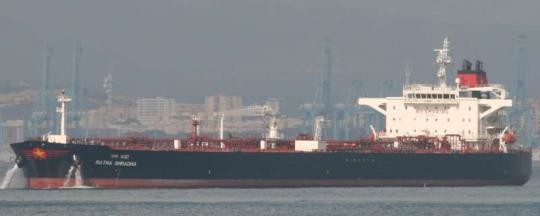Production of ‘Dar Blend’ crude oil from Upper Nile State is expected to be at least 30% lower in February than in January, according to a leading commodities information company.
Before the crisis in mid December, South Sudan produced about 250,000 barrels per day of two kinds of crude oil: Dar Blend in Upper Nile State and Nile Blend in Unity State.
Fighting in Unity State caused the evacuation of oil workers and the complete shutdown of Nile Blend production, slashing the country’s overall level of output by about 50,000 b/d.
Production of Dar Blend in Upper Nile State, on the other hand, which constituted the larger part of the production to begin with, has remained higher owing to the successful defense of the fields by forces loyal to President Salva Kiir.
But oil traders last week told the international energy information company Platts that export of Dar Blend crude in February is expected to be only about 4 million barrels, about 31% lower than the 5.8 million barrels in January.
In an article published last week, ‘Regular buyers of South Sudanese crude seek alternatives,’ Platts reported that Dar Blend crude production has fallen by up to 50,000 b/d out of a total of 190,000-200,000 b/d since the South Sudan crisis escalated in early December.
Platts is a division of McGraw Hill Financial, a company that specializes in credit ratings and analytics of global commodity markets. The company has offices at leading oil trading centres such as London, Dubai, Singapore and Houston.
“The decrease in Dar Blend exports in February were due to a slowdown in production of the heavy, sweet crude amid strife in the country,” the company reported, citing industry sources.
Independently it has been reported that some but not all of the oil wells in Upper Nile State were closed down.
According to the Platts report, foreign oil traders who used to buy Nile Blend and Dar Blend are now seeking replacements on behalf of their clients, which are normally refineries in Japan, India or other nations.
For example, a Japanese refiner in mid-January bought a 950,000-barrel cargo of the Chadian crude known as ‘Doba,’ rather than buying Dar Blend.
“There are some West African crudes that are similar to crudes in Sudan and South Sudan,” a trader said.




